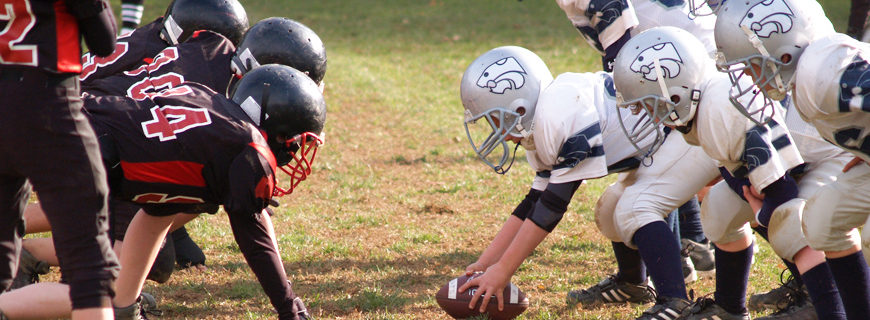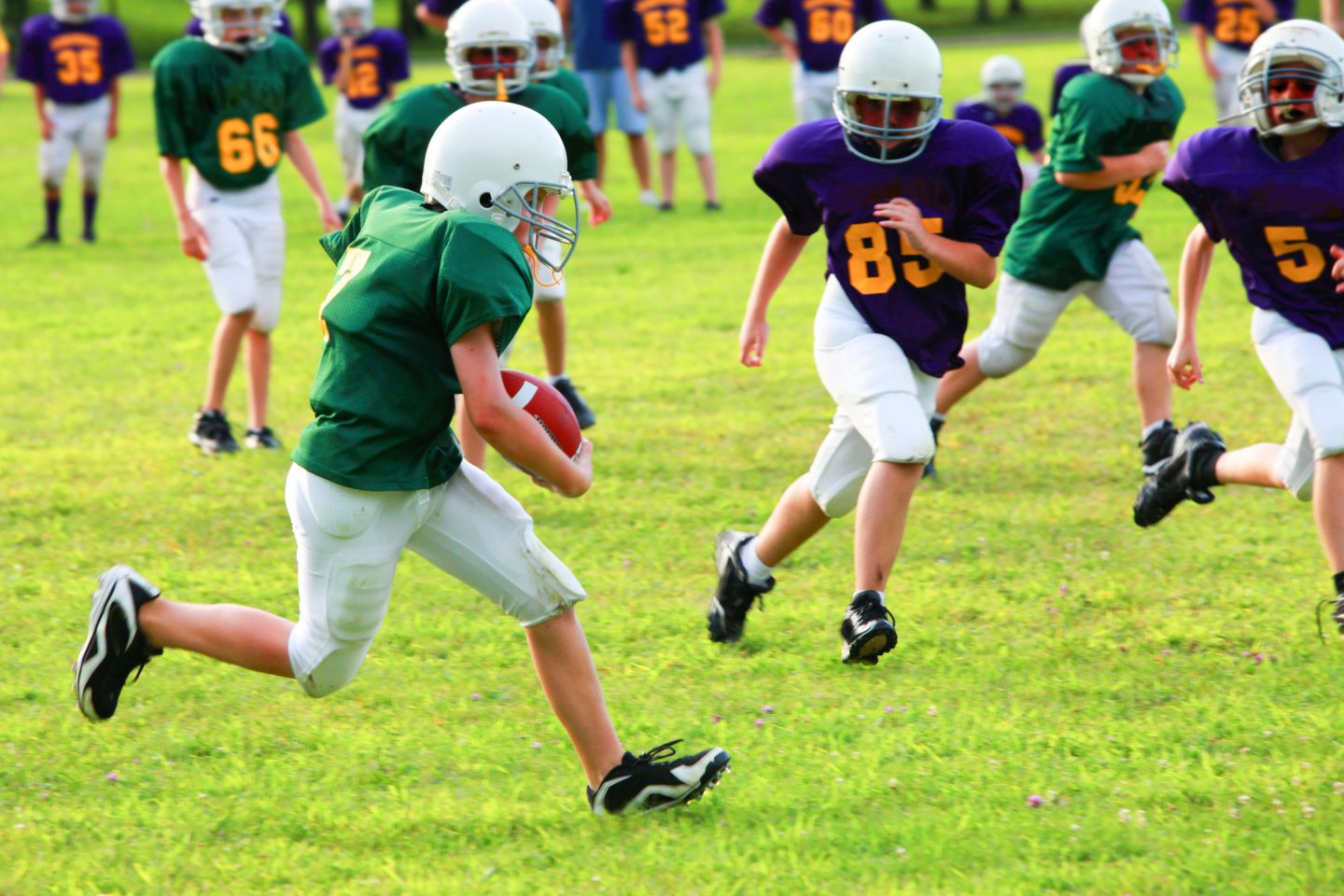Heads Up, Football isn’t the Only Sport Causing Concussion Concern

Back to physical health resource hub
The NFL is in the middle of a safety revolution. The league’s recent admission that the sport is unquestionably connected to degenerative brain disorders has led to major changes to equipment, regulations, preventative measures, and attitudes towards the game. But football isn’t the only culprit when it comes to concussion.
A recent study by the APTA suggests that football is not the top sport associated with concussion among NCAA collegiate athletes. Men’s wrestling tops the list, followed by men’s and women’s ice hockey. Football is ranked #3 overall. The list of other offenders includes soccer, basketball, lacrosse, and volleyball.
 “Just because your kids do not play football doesn’t necessarily make them safe from a concussion,” says sports therapy expert, Nata Salvatori, PT, DPT, OCS, SCS, FAAOMPT. “We see a lot of concussions in athletes who compete in events like swimming, cheerleading, and even horseback riding.”
“Just because your kids do not play football doesn’t necessarily make them safe from a concussion,” says sports therapy expert, Nata Salvatori, PT, DPT, OCS, SCS, FAAOMPT. “We see a lot of concussions in athletes who compete in events like swimming, cheerleading, and even horseback riding.”
While concussions might seem common place in competitive sports, there are several things that our experts say athletes and parents need to be aware of.
- Helmets do not prevent concussions – helmets are important in mitigating the severity of a head injury. However, helmets alone are not shown to decrease the chances of sustaining a concussion. Concussions are caused by a jolt to the brain, which can happen as a result of a blow to either the head or the body.
- You don’t have to lose consciousness – a common misconception is that you have to be knocked unconscious to have a concussion. This is false. Less than 10% of concussions are associated with a loss of consciousness.
- Second blows can be very serious – secondary injuries can cause permanent damage and even death in victims who have not had the proper time to heal. To help ensure safety, athletes should follow an approved return to sport protocol after a concussion
No matter what the sport, concussions are always a risk. But that doesn’t mean athletes should ride the bench out of fear. Practicing good safety and being aware of what to do in case of a concussion can go a long way in preventing long–term damage. The vast majority of concussions resolve with two weeks of the injury. But, all athletes who have experienced a major blow should consider completing a recognized return to sport program, by a certified sports therapist.
If you have additional questions regarding concussions or other issues regarding sports related injuries please contact the Brooks Center for Sports Therapy at (904) 854-2090.


